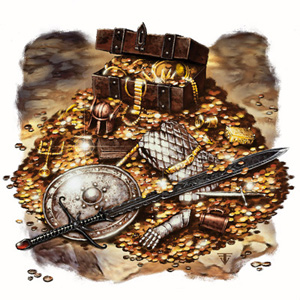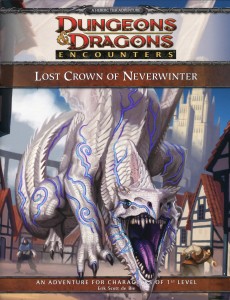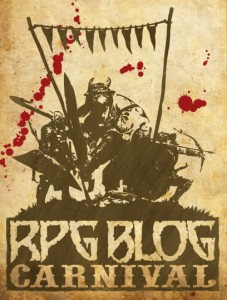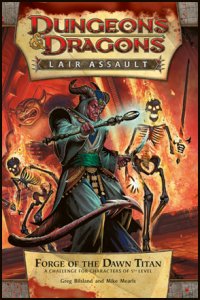 In its attempt to simplify things and keep the game and the players focused on the important details, identifying magical items in 4e is something any PC can do during a short rest. I think it’s time for this to change. This is something that they had right in previous editions of D&D.
In its attempt to simplify things and keep the game and the players focused on the important details, identifying magical items in 4e is something any PC can do during a short rest. I think it’s time for this to change. This is something that they had right in previous editions of D&D.
In this week’s Legends & Lore column Magic and Mystery, Monte Cook talked about the wonder of magical items. He focused mainly on the idea of magic being too commonplace in most campaigns, but he also brushed on the idea that some magical items should have hidden properties that are only revealed when certain conditions are met. This really got me thinking about the whole mechanic of magic item identification.
Based on the current rules all a PC has to do to identity an item is spend time handling and examine it during a short rest. After the five minutes are up they know that the sword is a +2 Frost Weapon or that the boots are Goblin Stompers. They know the exact nature and properties of the item. I realize that this makes things simpler but it also makes things boring.


